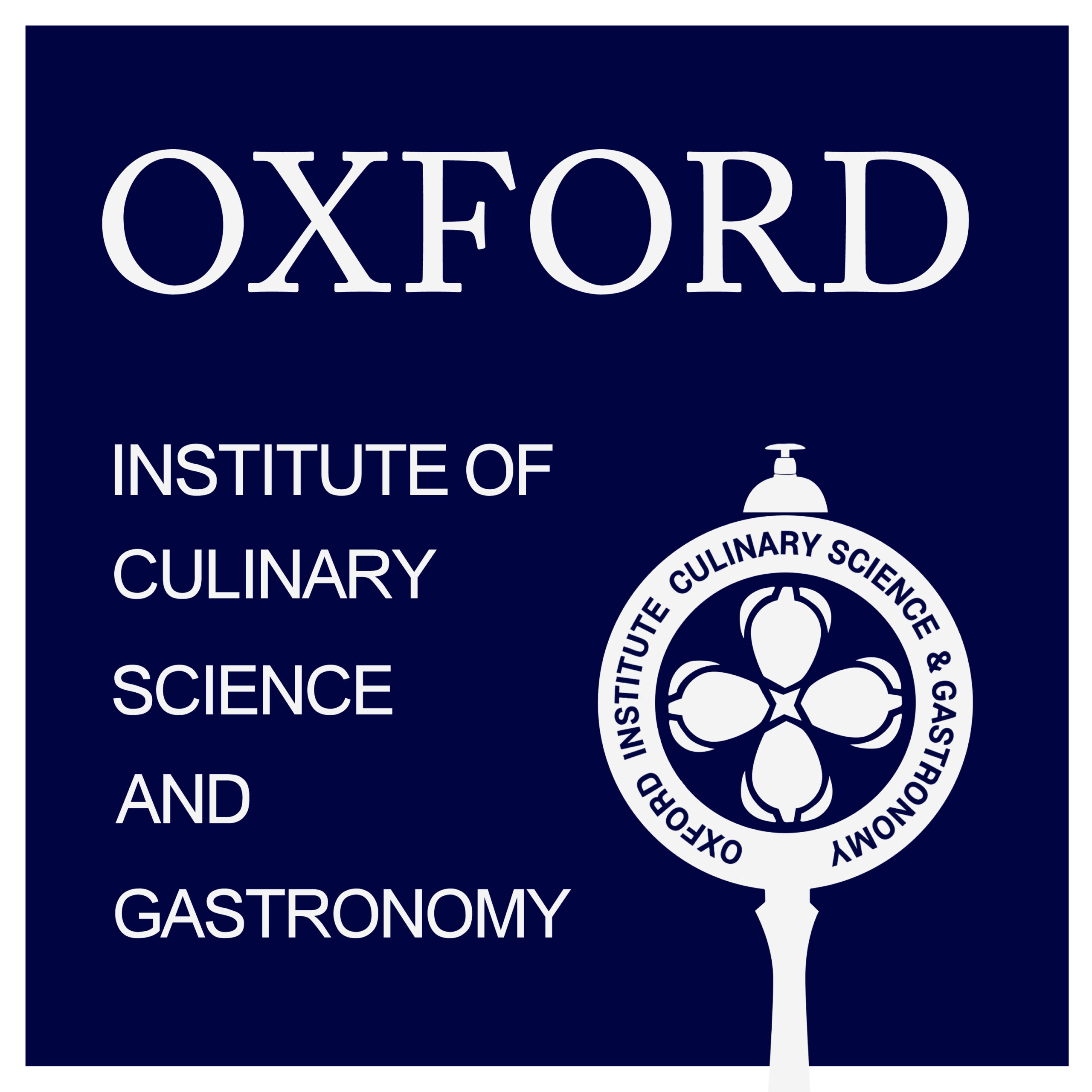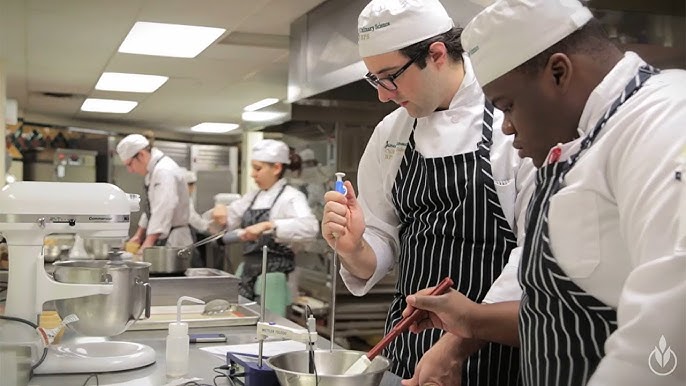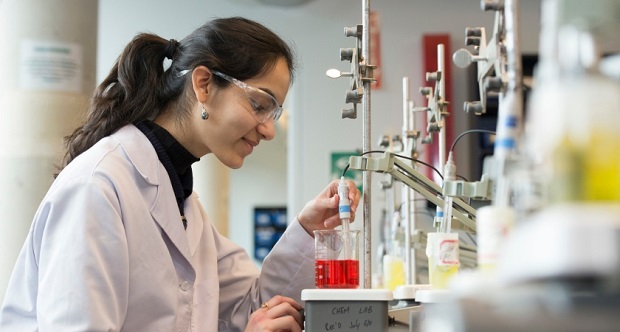Associate Degree in Culinary Science (Innovation)
Oxford Institute of Culinary Science & Gastronomy – Year Two Curriculum
Program Introduction
The second year in the 4-year culinary academic track deepens students’ ability to innovate and conduct research within the evolving field of gastronomy. This program emphasizes applied culinary science, food product development, and sustainability practices, while strengthening skills in data analysis, experimentation, and cross-cultural food studies.
| Section | Description |
| Program Title | Associate Degree in Gastronomic Innovation |
| Duration | 2 Terms (6 months total: 3 months theory + 3 months internship/project) |
| Format | Hybrid (In-Class + Digital Labs + Industry Immersion) |
| Level | Year 2 / Associate |
| Certificate Awarded | Associate Degree in Gastronomic Innovation from Oxford Institute |
| Outcome | Eligible to enter Year 3 (Bachelor of Culinary Science) |
By the end of this year, students will produce a comprehensive group research project and complete an industry internship, showcasing innovation in gastronomy and scientific problem-solving.
Duration: 12 Weeks
Weekly Modules:
| Week | Module Title | Topics Covered |
| 1 | Applied Research in Food Science | Scientific method refinement, quantitative and qualitative analysis |
| 2 | Food Systems & Sustainability | Circular economy, regenerative food systems, ethical sourcing |
| 3 | Gastronomic Innovation & Creativity | Creativity theory, innovation case studies, product ideation |
| 4 | Sensory Psychology & Consumer Behavior | Flavor perception, neurogastronomy, psychophysics, food marketing |
| 5 | Culinary Data & Digital Tools | Digital gastronomy tools, kitchen data collection, AI basics |
| 6 | Multicultural Food Studies | Food and identity, traditional systems, global taste mapping |
| 7 | Functional Foods & Health Trends | Adaptogens, nutraceuticals, microbiome food links |
| 8 | Menu Engineering for Innovation | Costing, engineering, ingredient substitution, design thinking |
| 9 | Scientific Communication & Visual Reporting | Infographics, presentations, journal abstracts |
| 10 | Research Methods II | Study design, pilot testing, collaboration protocols |
| 11 | Pre-Project Planning | Team setup, timeline creation, proposal refinement |
| 12 | Final Review + Exam | Capstone theory review, case evaluations |
Learning Outcomes:
Conduct mid-level research and apply it to culinary innovation
Integrate sustainability into menu and product development
Analyze and influence consumer behavior through food experience
Collaborate in cross-functional teams using scientific tools
Duration: 12–14 Weeks
Internship Placement:
Minimum: 120–150 hours
Options: Innovation kitchens, product development labs, sustainability-focused operations
Includes: Weekly logbook, reflection reports, supervisor evaluation
Team Research & Presentation:
| Component | Description |
| Group Project Theme | Innovation in Food Systems, Flavor Experience, or Future Ingredients |
| Research + Testing | Case analysis, prototype testing, surveys, impact evaluations |
| Final Report | 3000–4000 words with images, citations, and appendix |
| Team Presentation | 20-minute defense + Q&A panel |
| Portfolio Submission | Research, internship documents, visuals, media if applicable |
Term 2 Learning Outcomes:
Operate within a professional culinary research team
Translate culinary science into tested innovation
Demonstrate effective communication and public defense
Final Certification (Year 2)
Associate Degree in Gastronomic Innovation
Transcript with academic and research performance
Internship Completion Letter
Eligibility for Bachelor Entry (Year 3)



